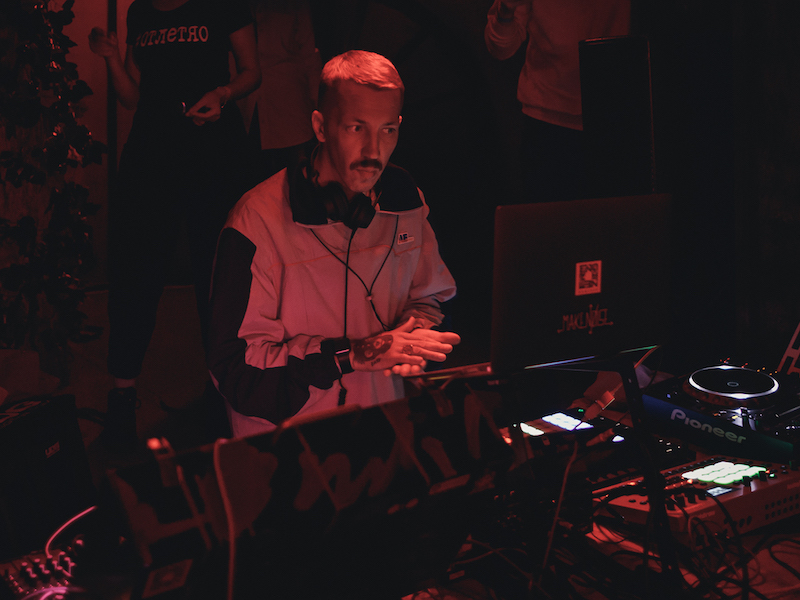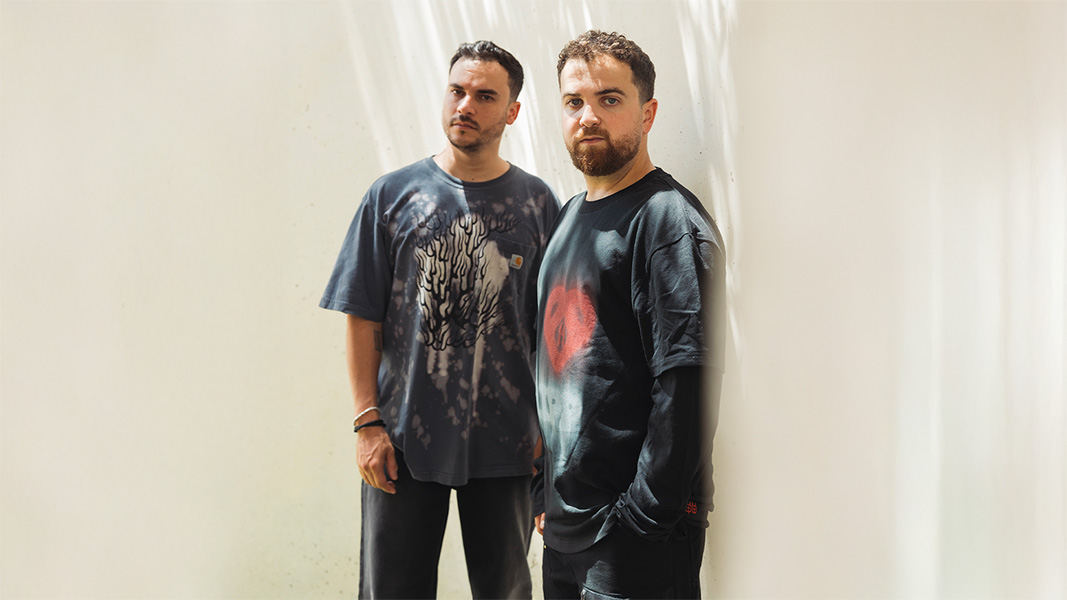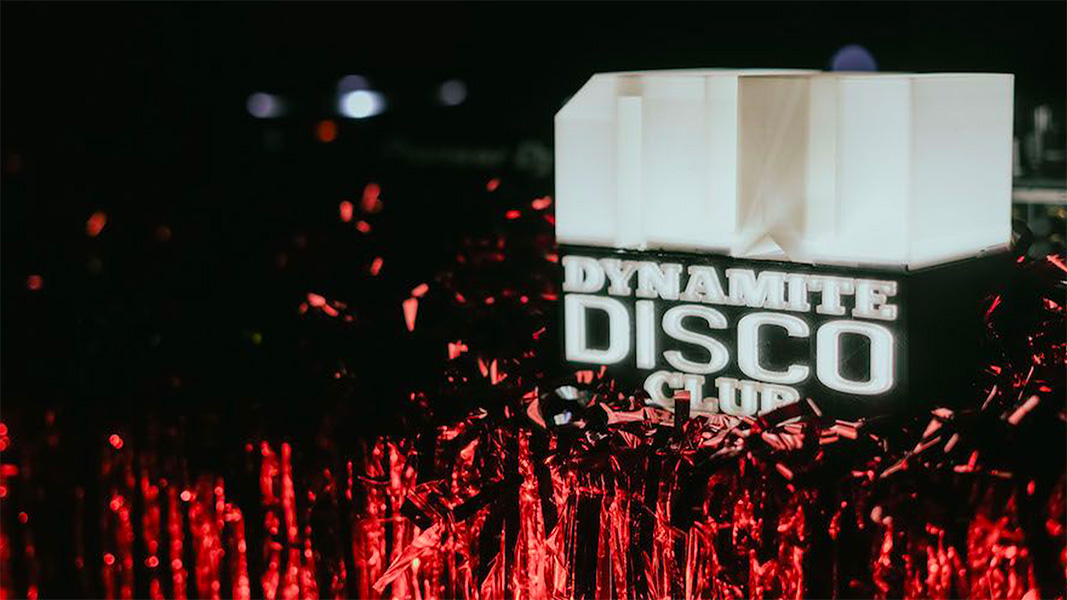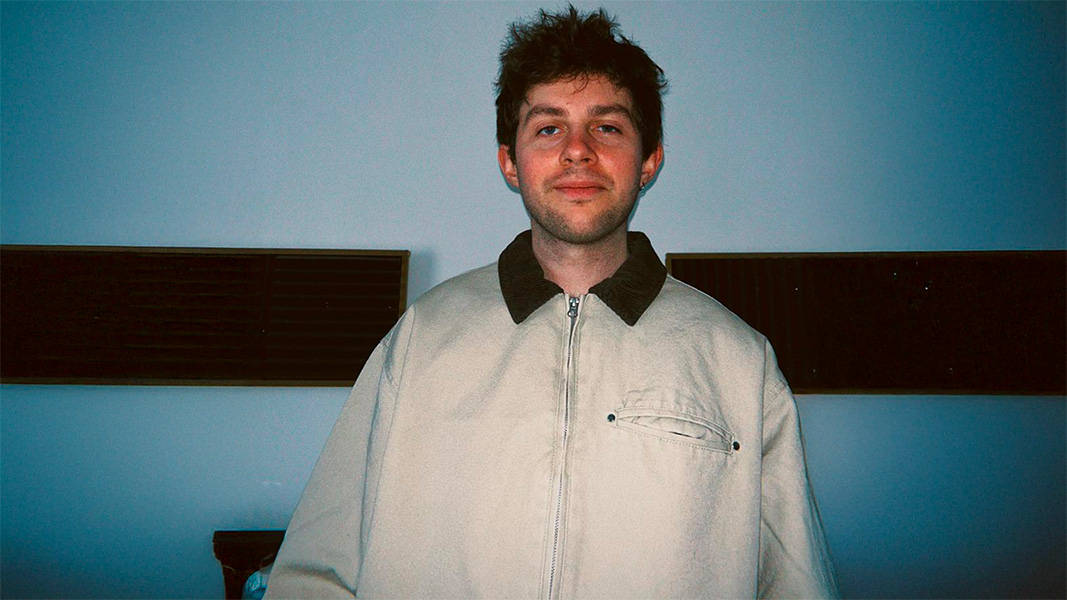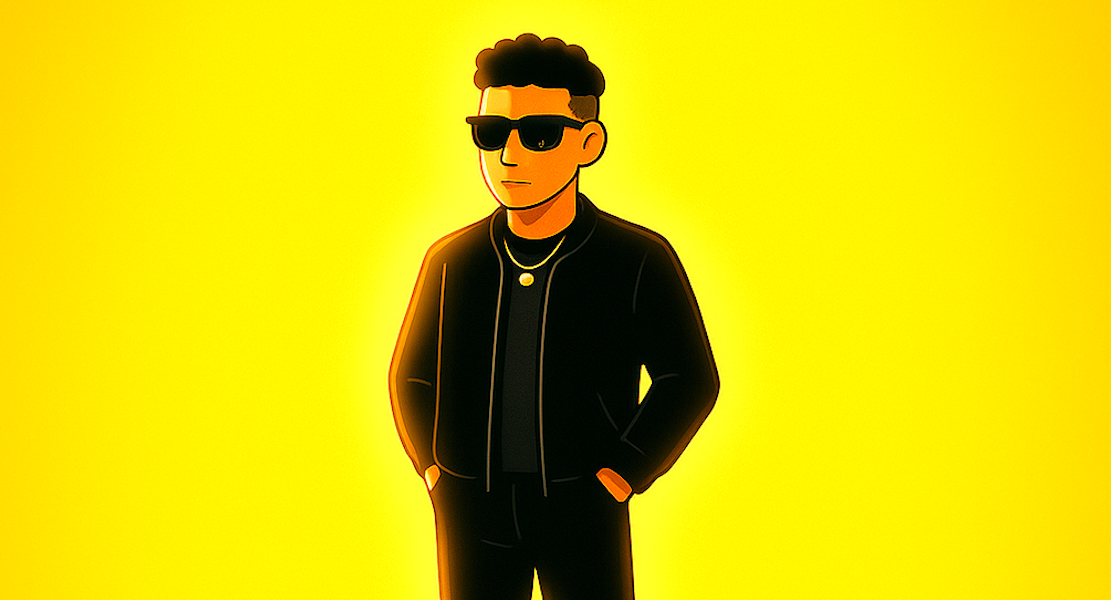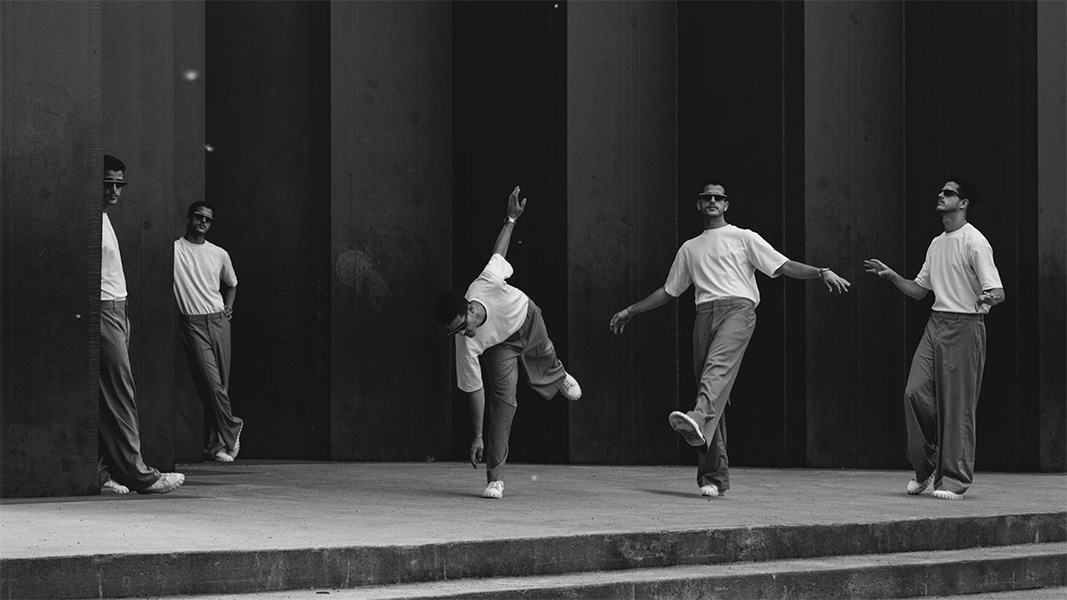Ukrainian-born Kirill Kalashnikov a.k.a. Wyro started making beats back in distant 1999 while he was living in the small Siberian city of Surgut. Surrounded by snow and cold winter wind he started exploring Fast Tracker audio software and building his unique sound – sometimes warm and inspiring as a summer night, sometimes mystical and primal as a voodoo ritual. His first love was jungle and drum&bass and his first tracks under the name Implex were made in this genre.
Kirill has released numerous tracks, singles, EPs, and albums on such respected D&B labels as Formation, Med School, Fokuz, Covert Operations, and Blu Saphir and performed at the biggest festivals such as “The World of Drum&Bass”, “Pirate Station”, “Kazantip” etc. After 14 years of experiments and performances around the world, he found himself comfortable in the deeper side of Minimal House & Techno and changed his name to Wyro.
Apart from producing music as Wyro and making tracks for different vocalists, Kirill is successfully organizing big events, running a vinyl label Engineer and one of the top electronic music schools in Russia called Tramplin.PRO with branches in Moscow and Saint-Petersburg. His tracks are being played on festivals and in clubs by a very wide range of artists: Guy J, The Prodigy’s Leeroy Thornhill, Barac, Raresh, SIT, Silat Beksi, Arapu, Janeret, iO (Mulen), Nu Zau, Mihai Popoviciu, and many more.
WWD: Wyro, hello! Your life has been eventful recently, it’s fair to say. How have you managed to making music during this time?
Hey there! I’ve been fortunate to have a laptop and headphones with me, so that’s how I’ve managed it. But seriously, when you’re caught up in the chaos of war, it can make you paranoid and kill your inspiration. However, I’ve found that diving into Ableton and working on sounds is one of the few ways to find inner peace. It’s like a form of meditation that helps me shift my focus from destruction to creation, and it really grounds my mind.
WWD: Has it been tough to find creative inspiration during such a difficult time?
The biggest challenge is finding the time for it. Building a new life in a new country requires a lot of everyday hustle. Additionally, feeling lonely in a new place leads me to spend a lot of time attending social events. But usually as soon as Ableton is on, it’s just flowing.
WWD: Tell us about your usual studio setup. Have you had to change the way you work to adapt to new music production processes?
I used to have a wonderful, spacious studio in Moscow, but it’s no longer available to me. It had an analog Tascam mixer, a modular case (which I still have but can’t use at the moment), some classic synths, guitars, a DJ table, plants, and cozy lighting. It had such a great vibe. Nowadays, my setup is quite random. I find myself working in cafes, on trains or planes, hunched over my laptop with my trusty Airmax headphones. The process is still enjoyable, but I really miss collaborating with other producers, friends, and vocalists in the studio. Solo production just isn’t as fun.
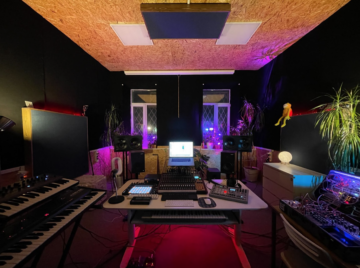
WWD: Are you more plugins-based these days or using hardware? Why?
These days, I lean more towards plugins because they don’t have any physical weight. However, once I settle down in London, I plan to return to using hardware and continue working on my live show.
WWD: Is there hardware/software that’s been an essential part of your setup recently? What is it and how do you use it?
I constantly use Serum, Massive X and Roli’s Equator for bass, leads and pads, VCV Rack drums, Soundtoys Decapitator, Valhalla Ubermod and Slate Digital bundles.
WWD: You first started making music on Fast Tracker software. What is it? Are you still using it? How has Fast Tracker shaped your style?
It’s been about 20 years since I last used Fast Tracker because it’s quite limited. However, it taught me that any sound can be used in any way you want, and there are no hard rules. I switched to FL Studio as soon as it was released and made the transition to Ableton three years ago.
WWD: You also made faster, more jungle/drum & bass style music when you first started out. Why did you make this transition to house music? How has it affected the way you make music?
I have been an avid listener of Drum&Bass since around 1995. It captivated me as a true fan, and I dedicated over a decade to producing and playing this genre. However, at a certain point, I grew weary of its relentless speed and bass-heavy nature. Simultaneously, I discovered that Minimal Techno and House consistently surprises me in very delightful ways. It offers a more expansive playground for experimentation and doesn’t demand that I sweat profusely on the dance floor. It just politely beckons me to let loose and move, I like this style of communication more these days. I still hold a fondness for D&B, but it’s like a cherished childhood love. Despite this musical transition, I must admit that my approach to music production hasn’t undergone significant changes.
WWD: Can you shout out any up-and-coming fellow Ukrainian/Russian artists in dance music we should know about?
Silat Beksi, Komey, Swoy, Farid Odilbekov, Peshka, Finetune aka Michael Dop, Saktu, Fedo, Alfij, Symbol, Kame2, Tagir, Alexey Orlov, Annushka, to name a few.

